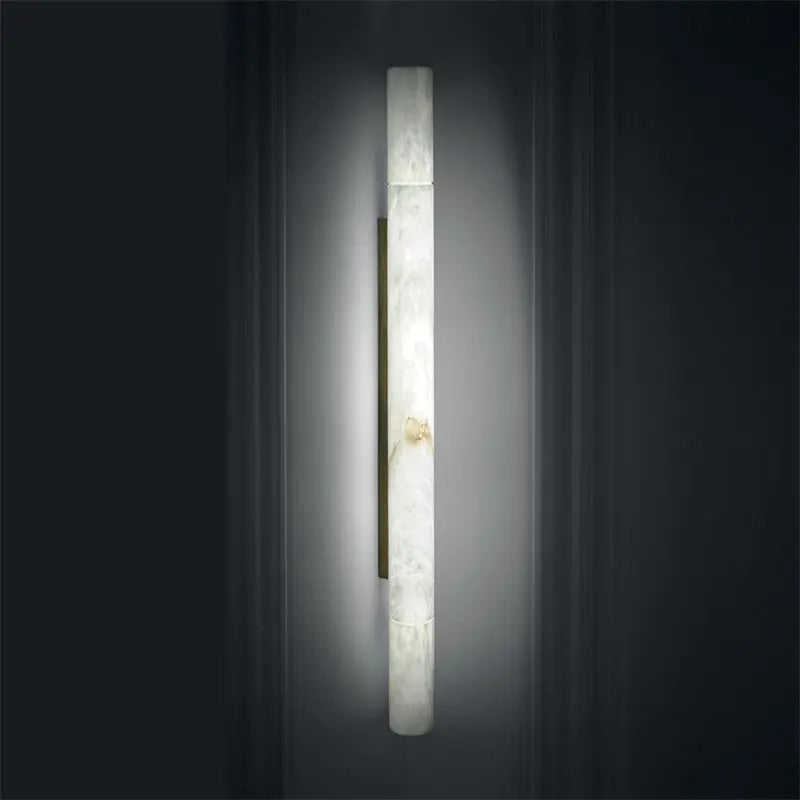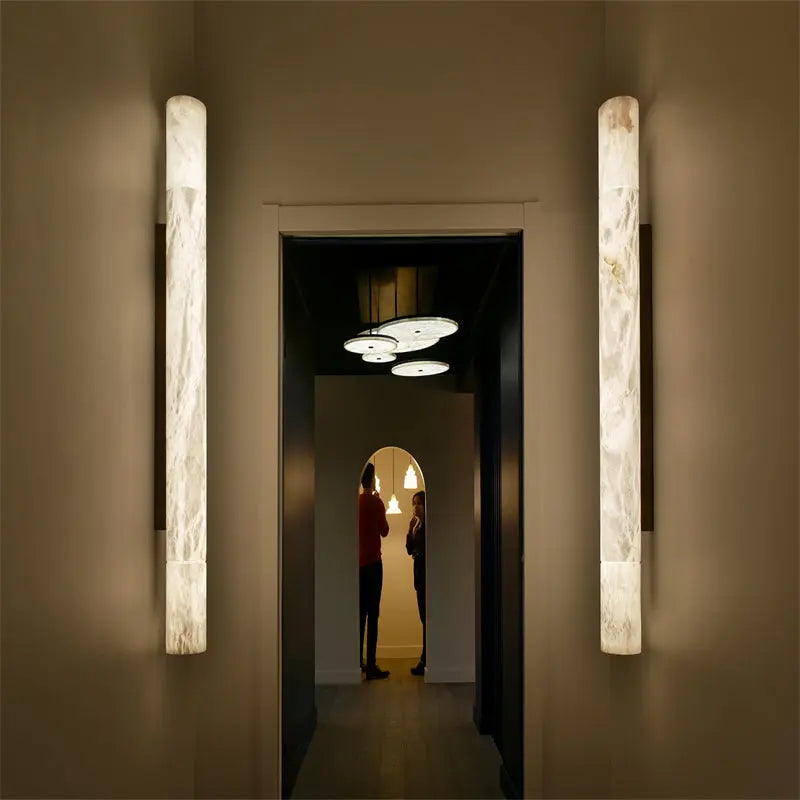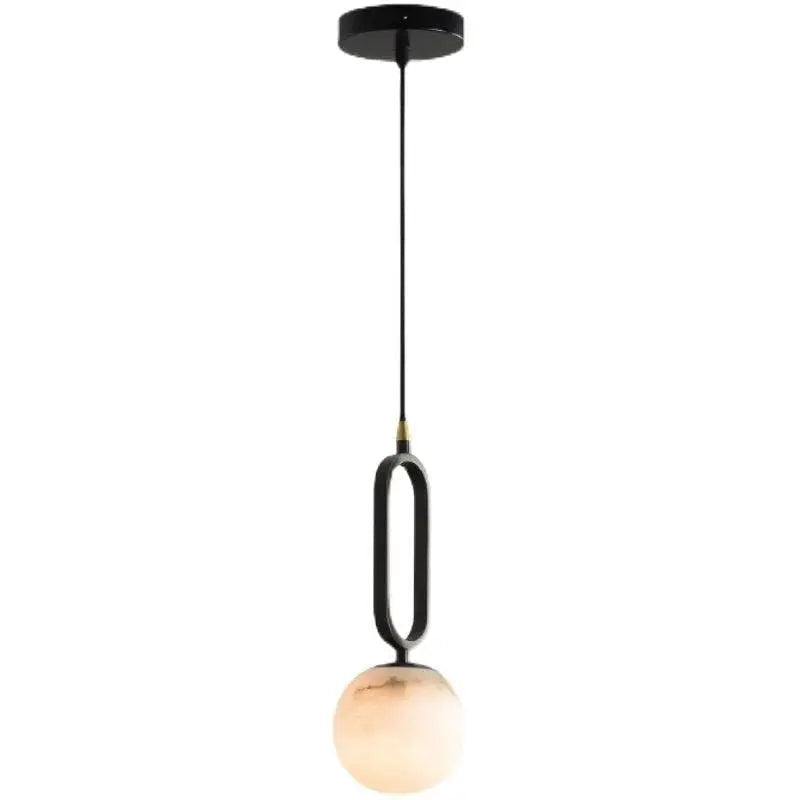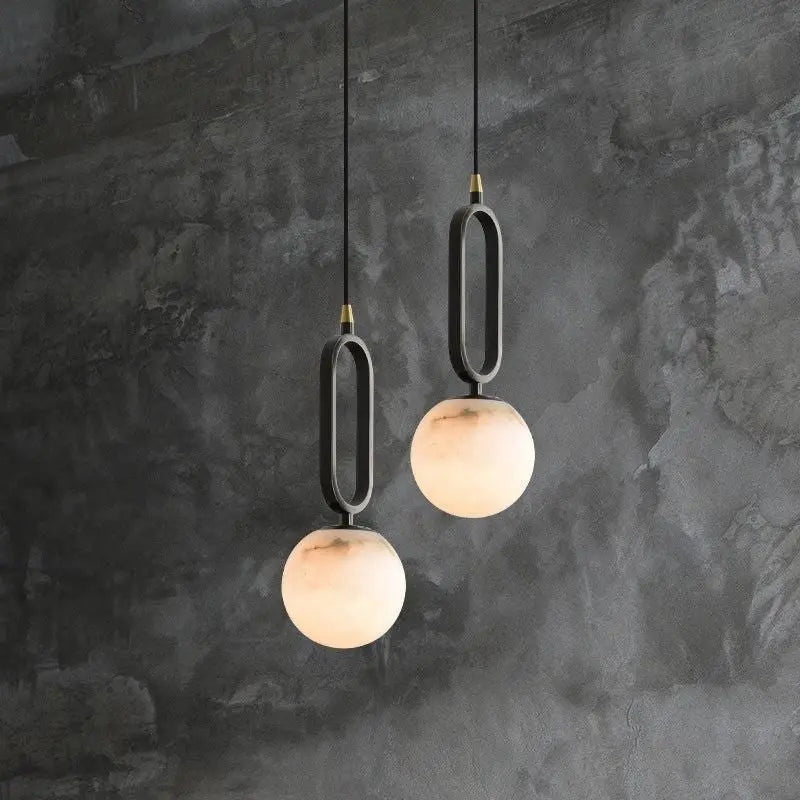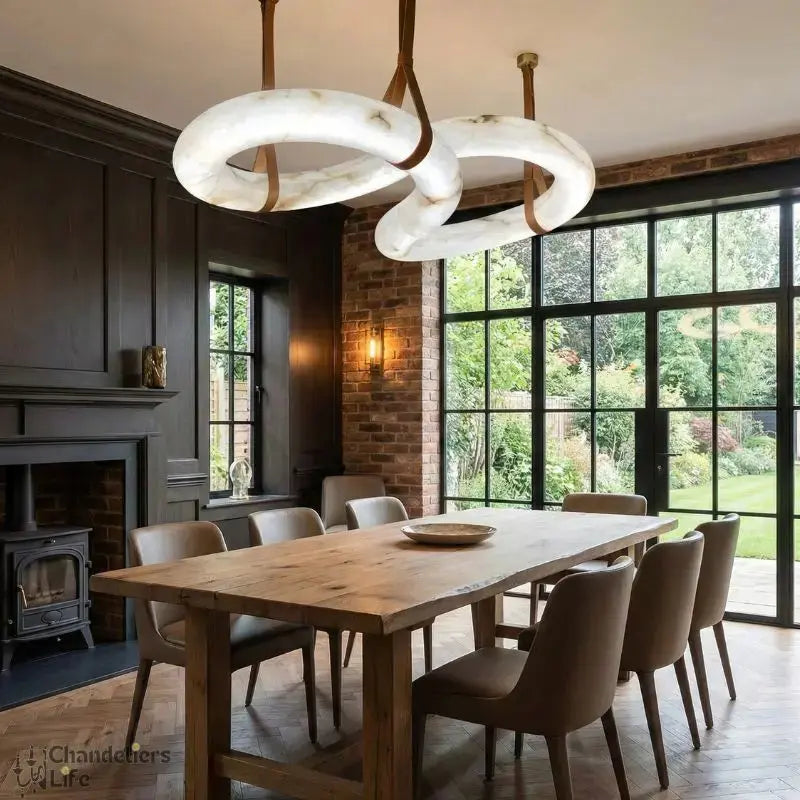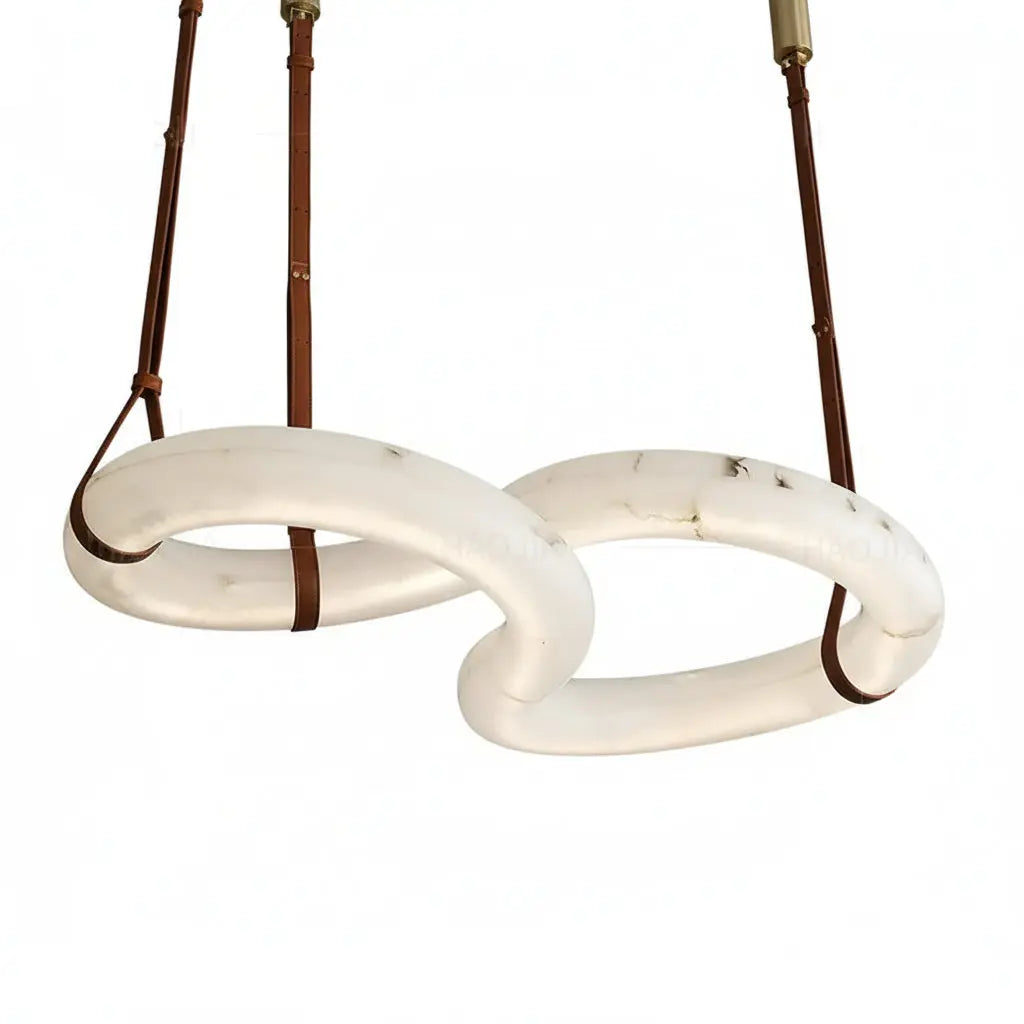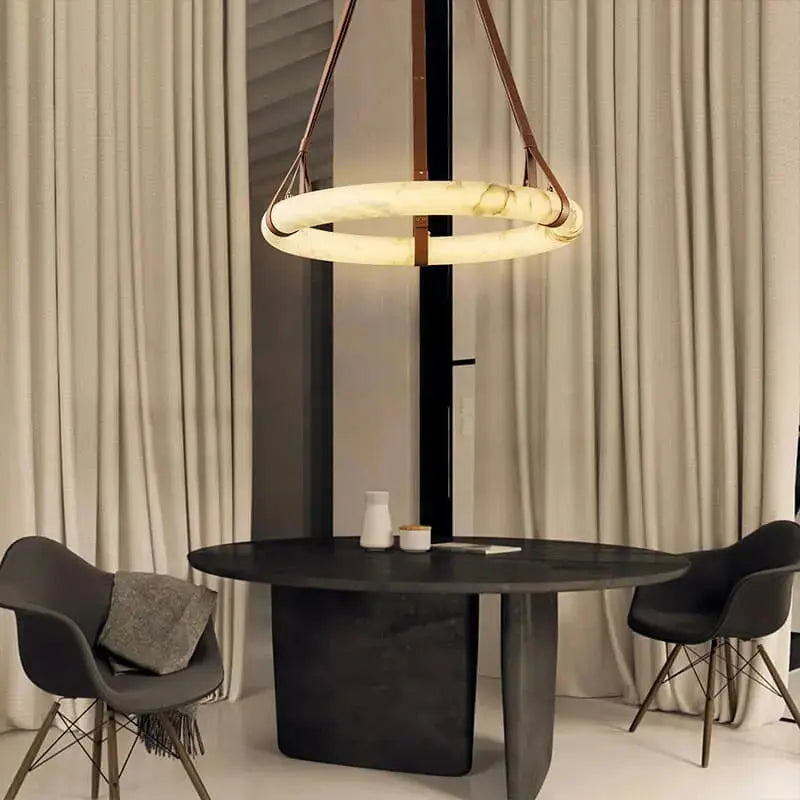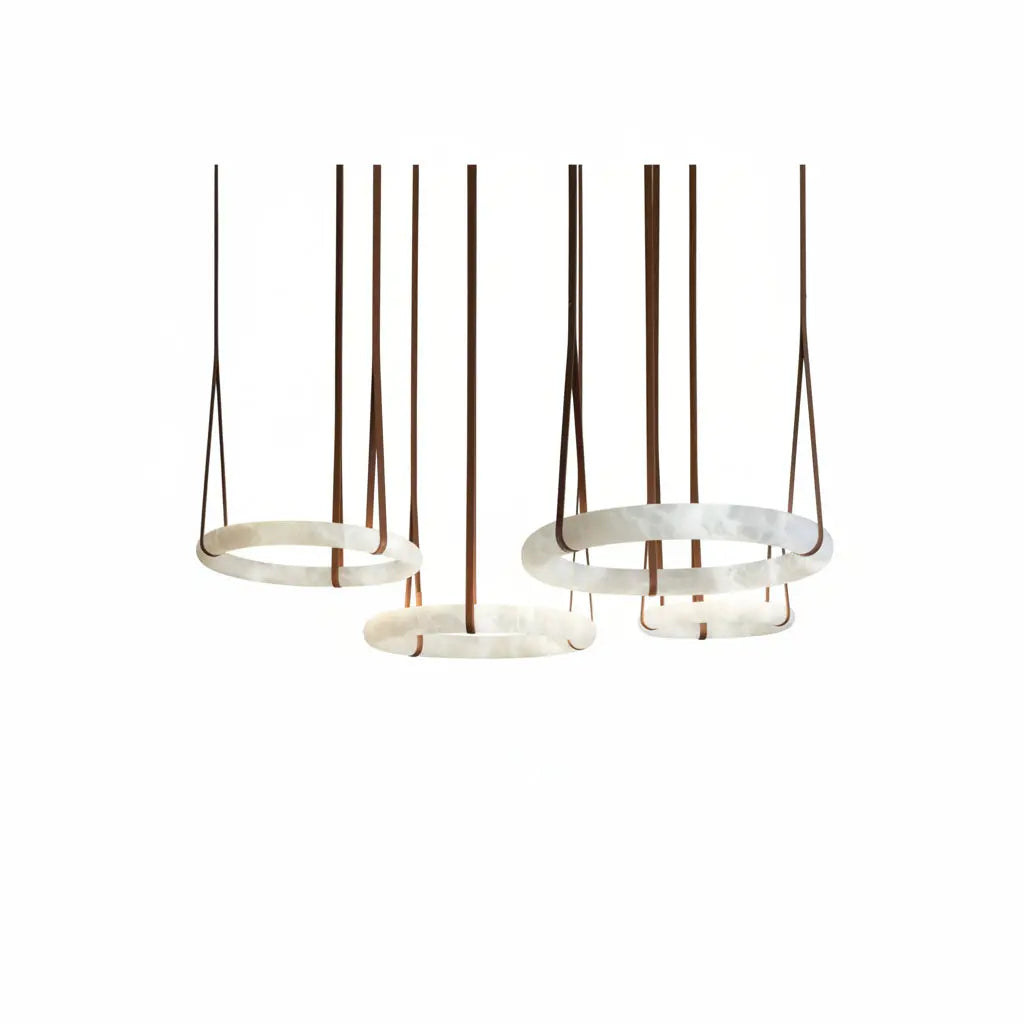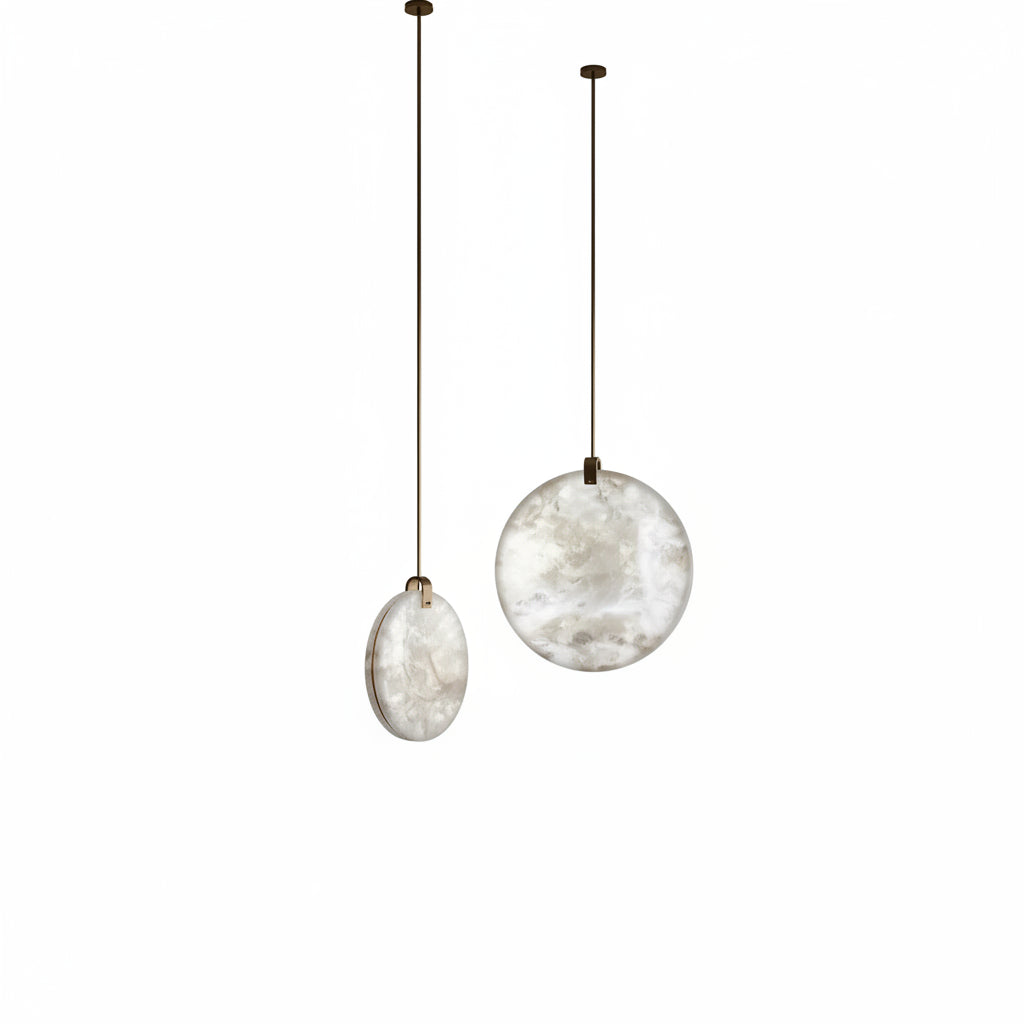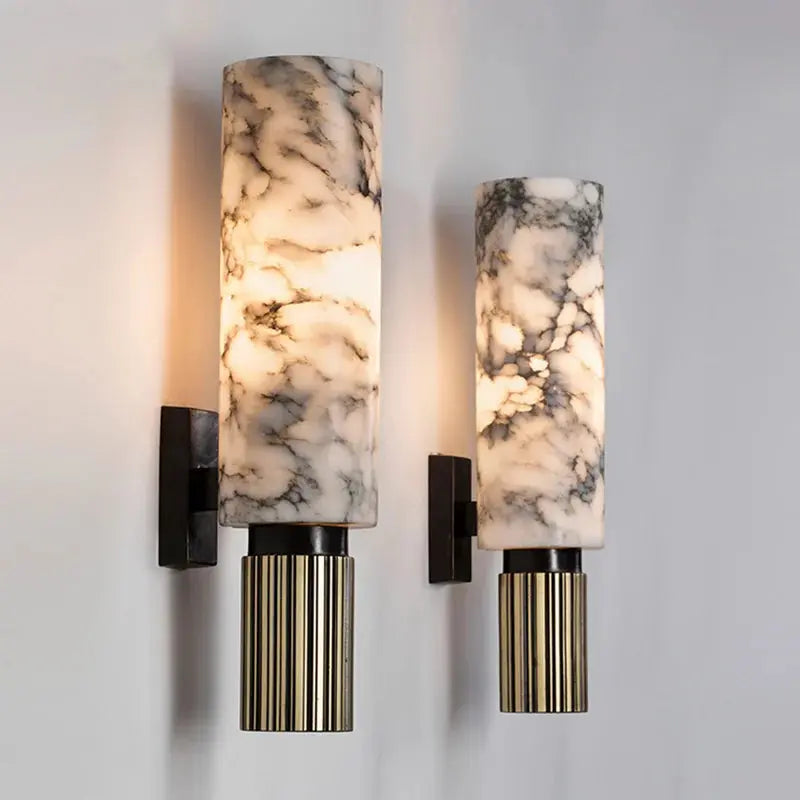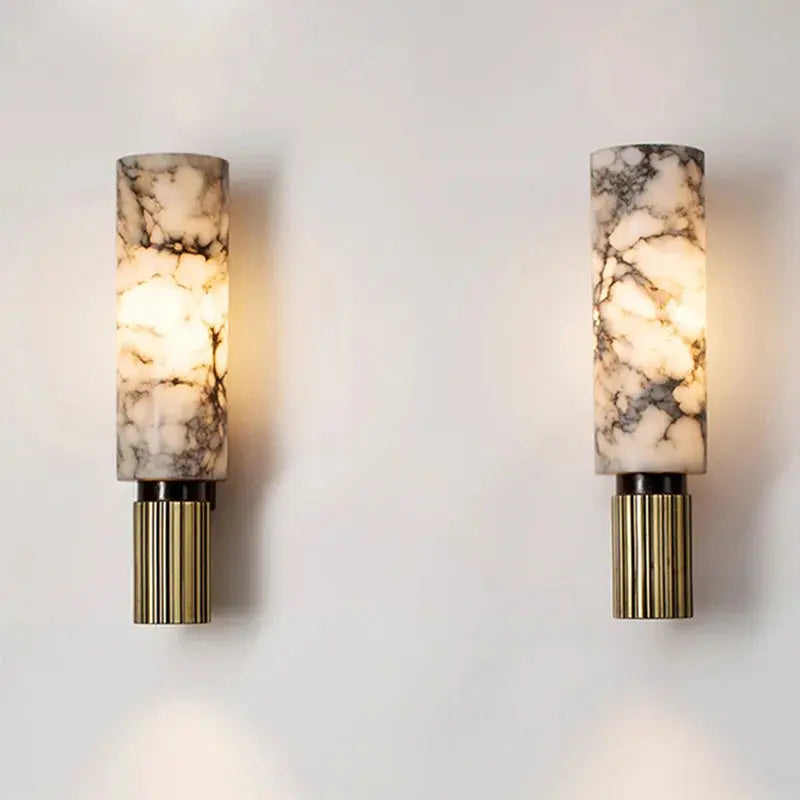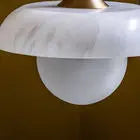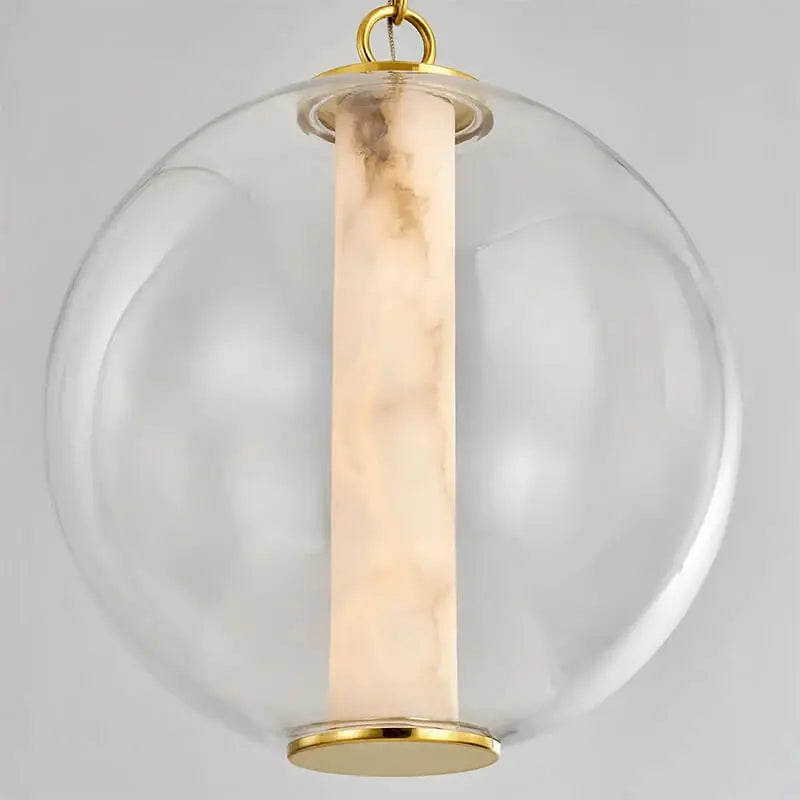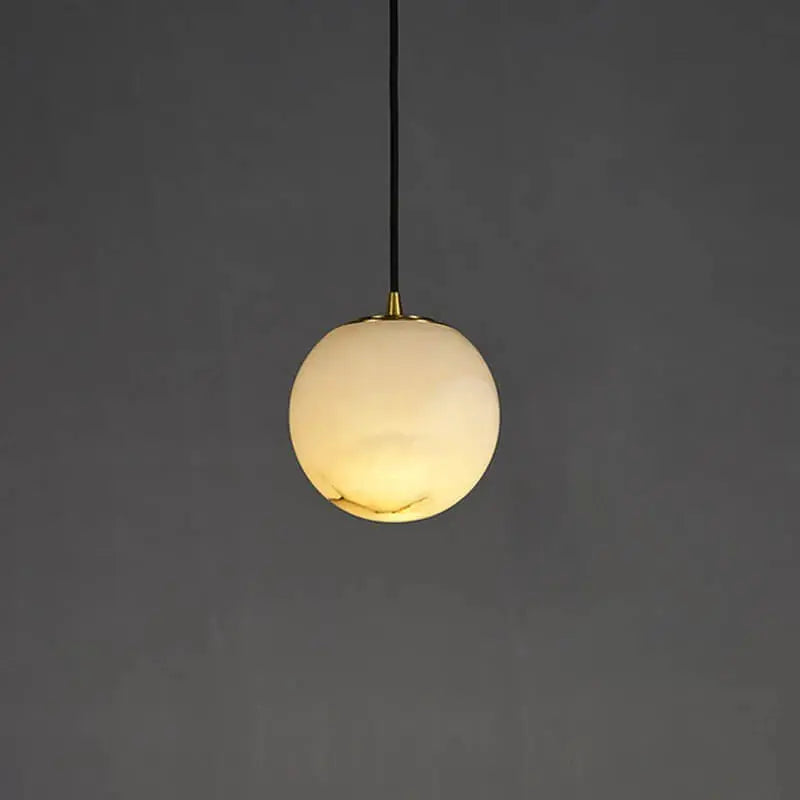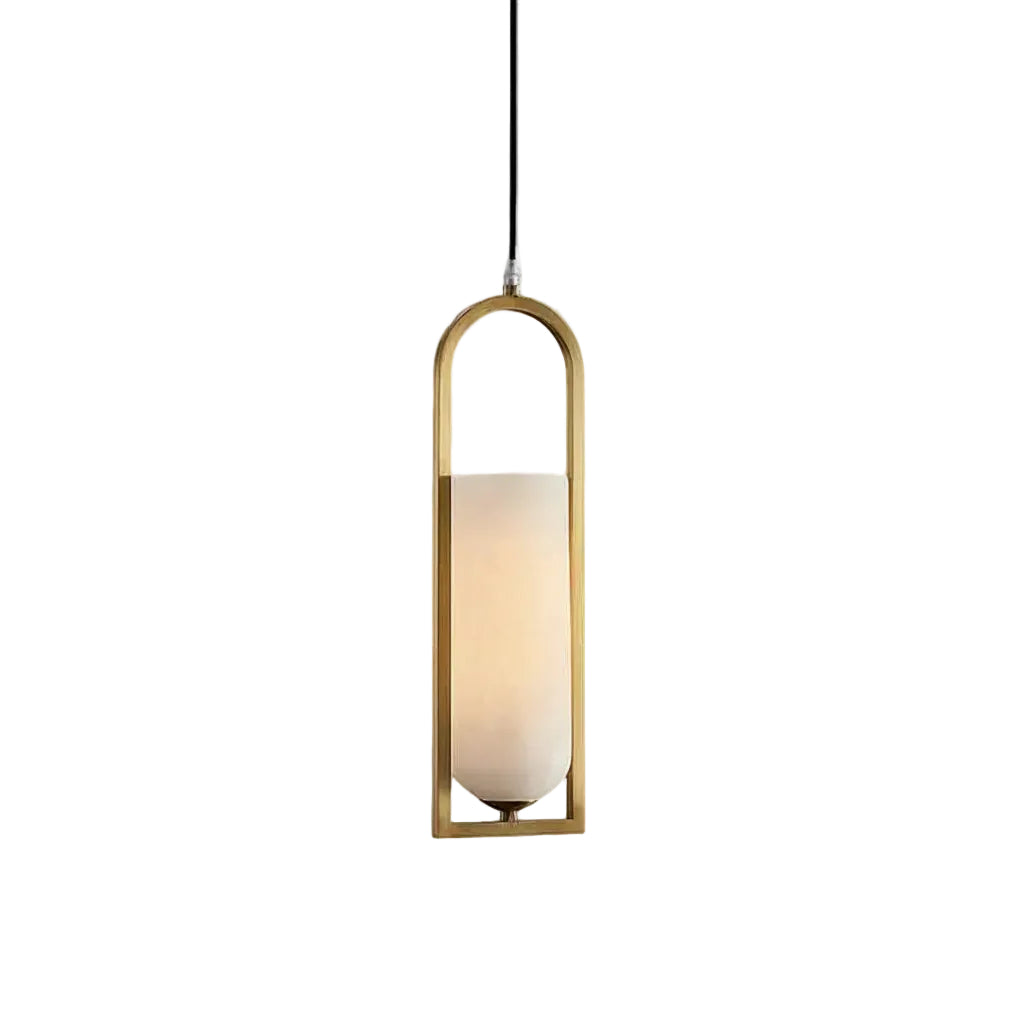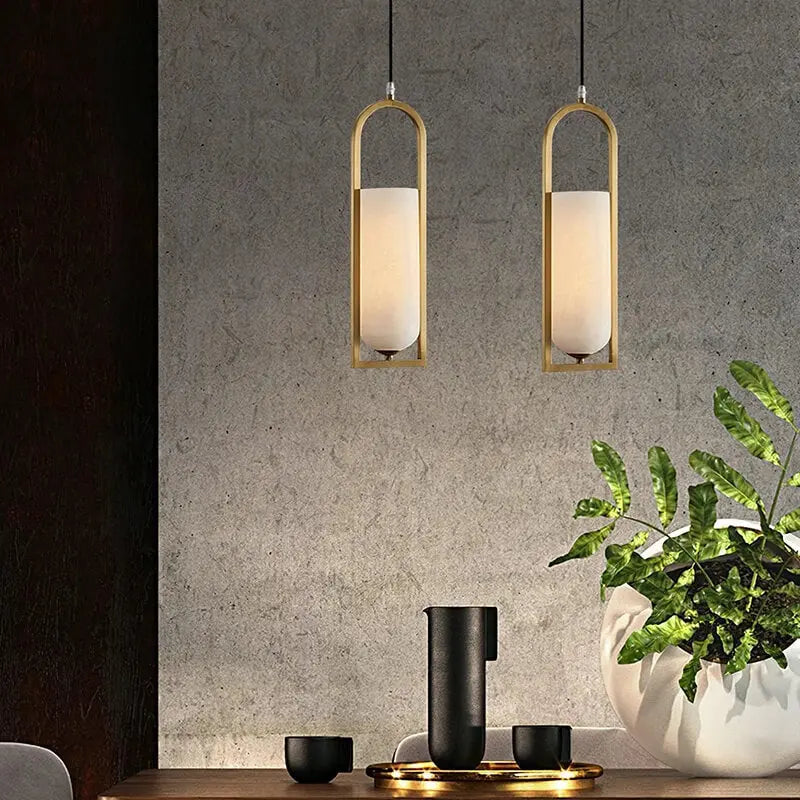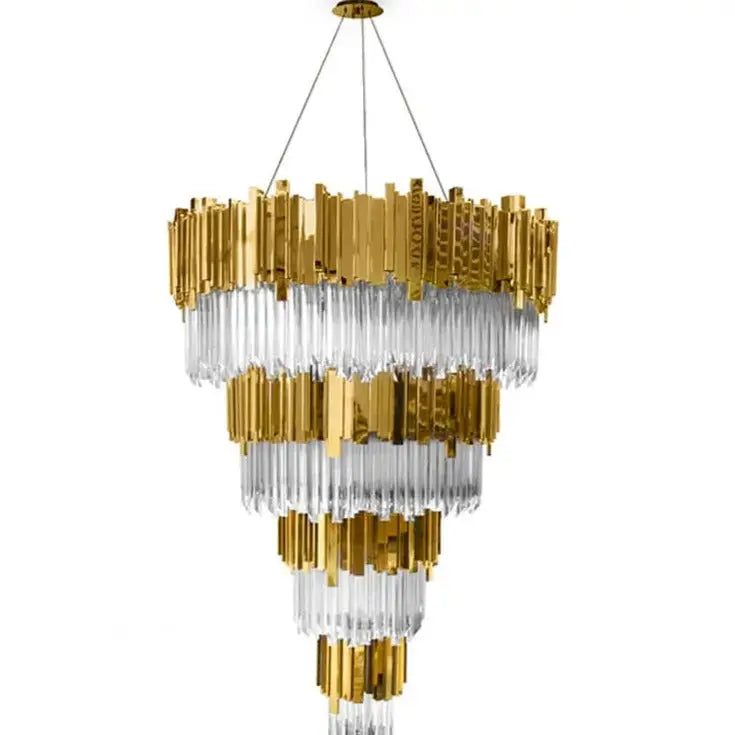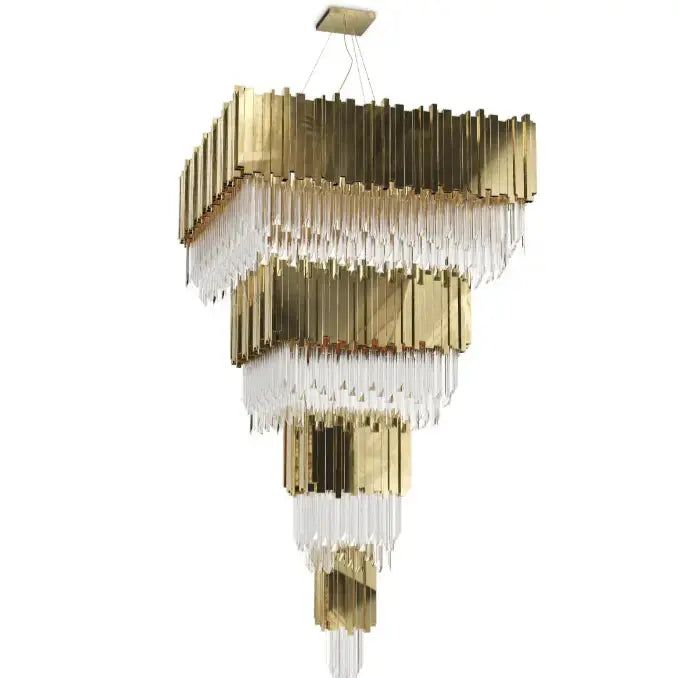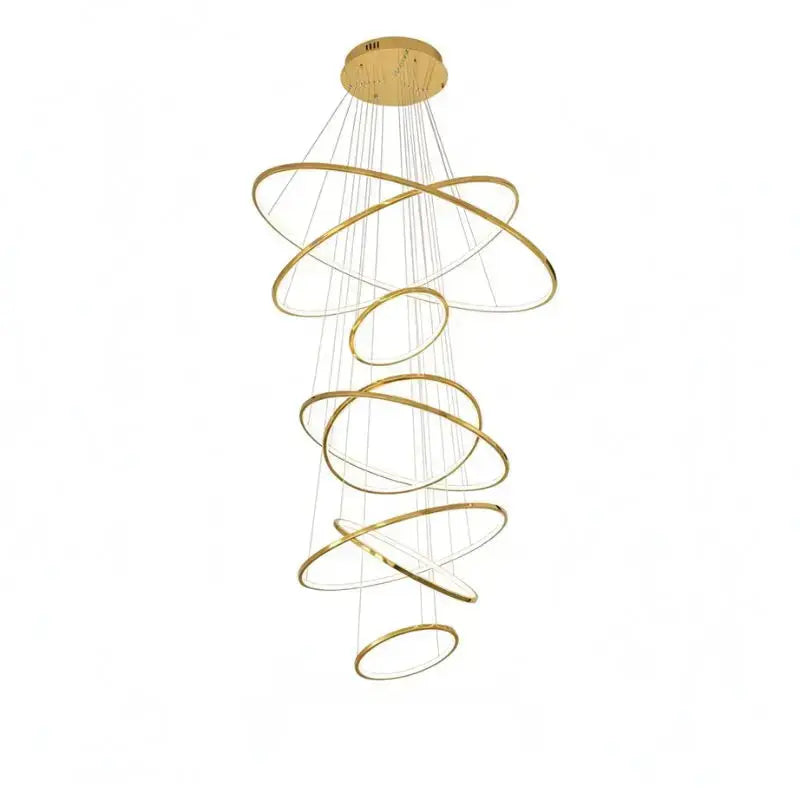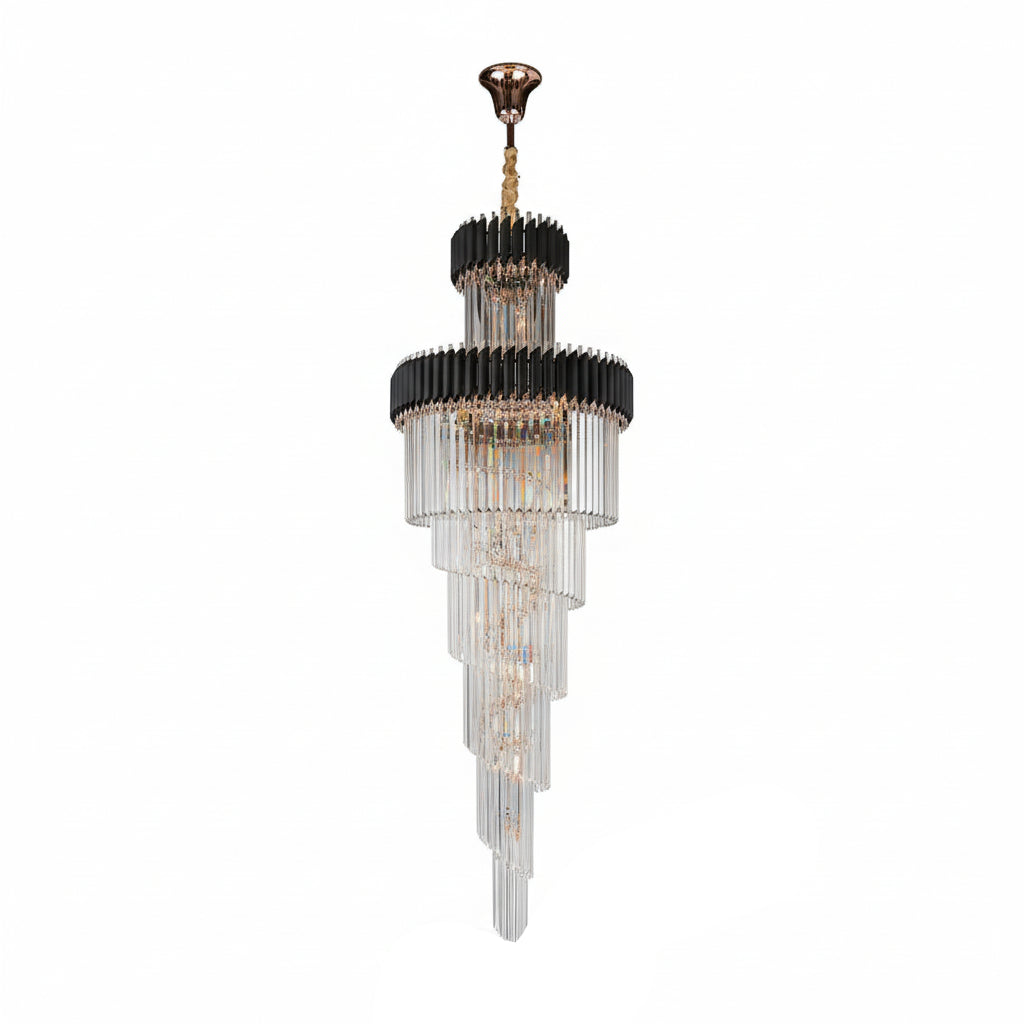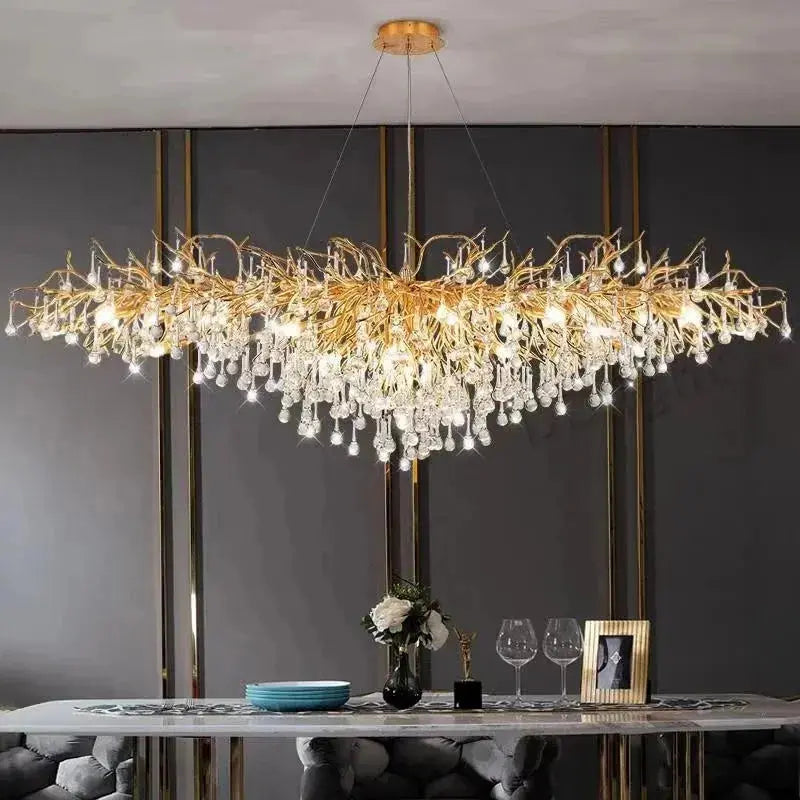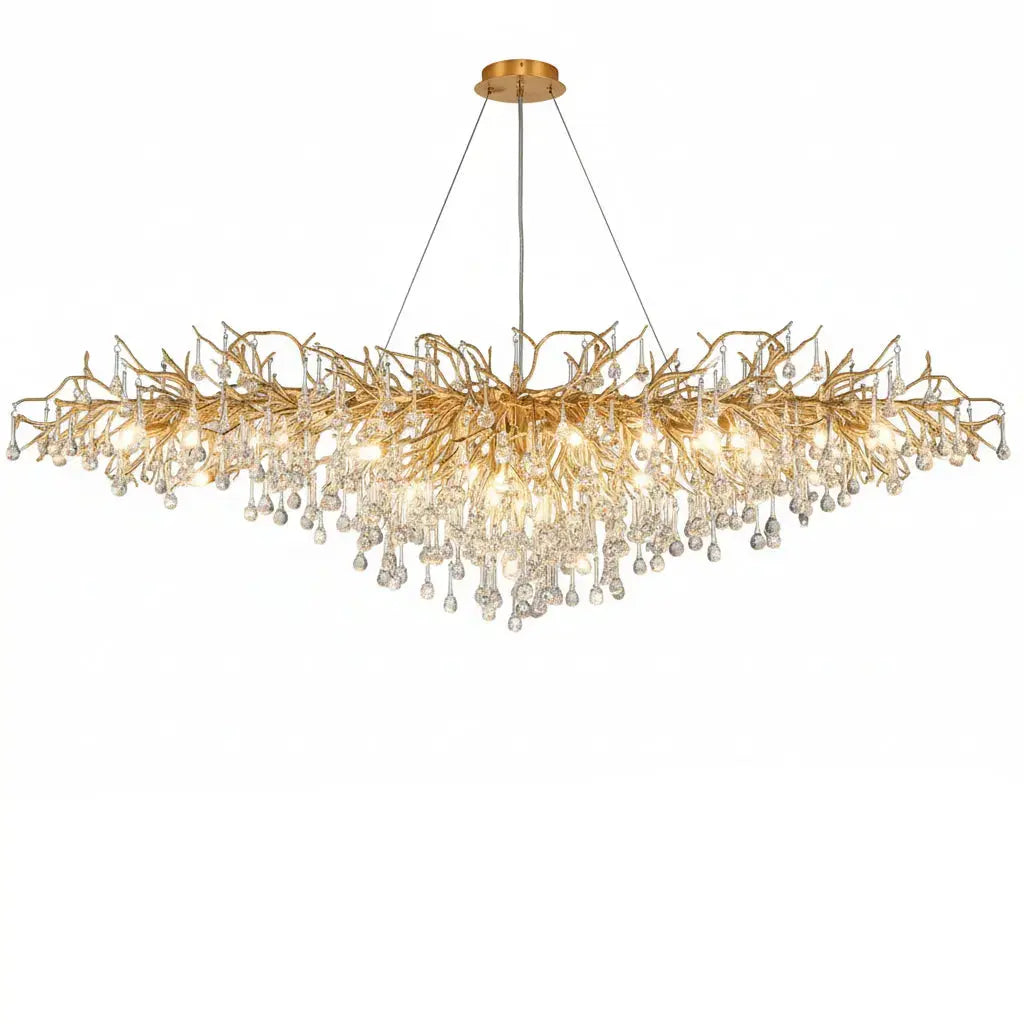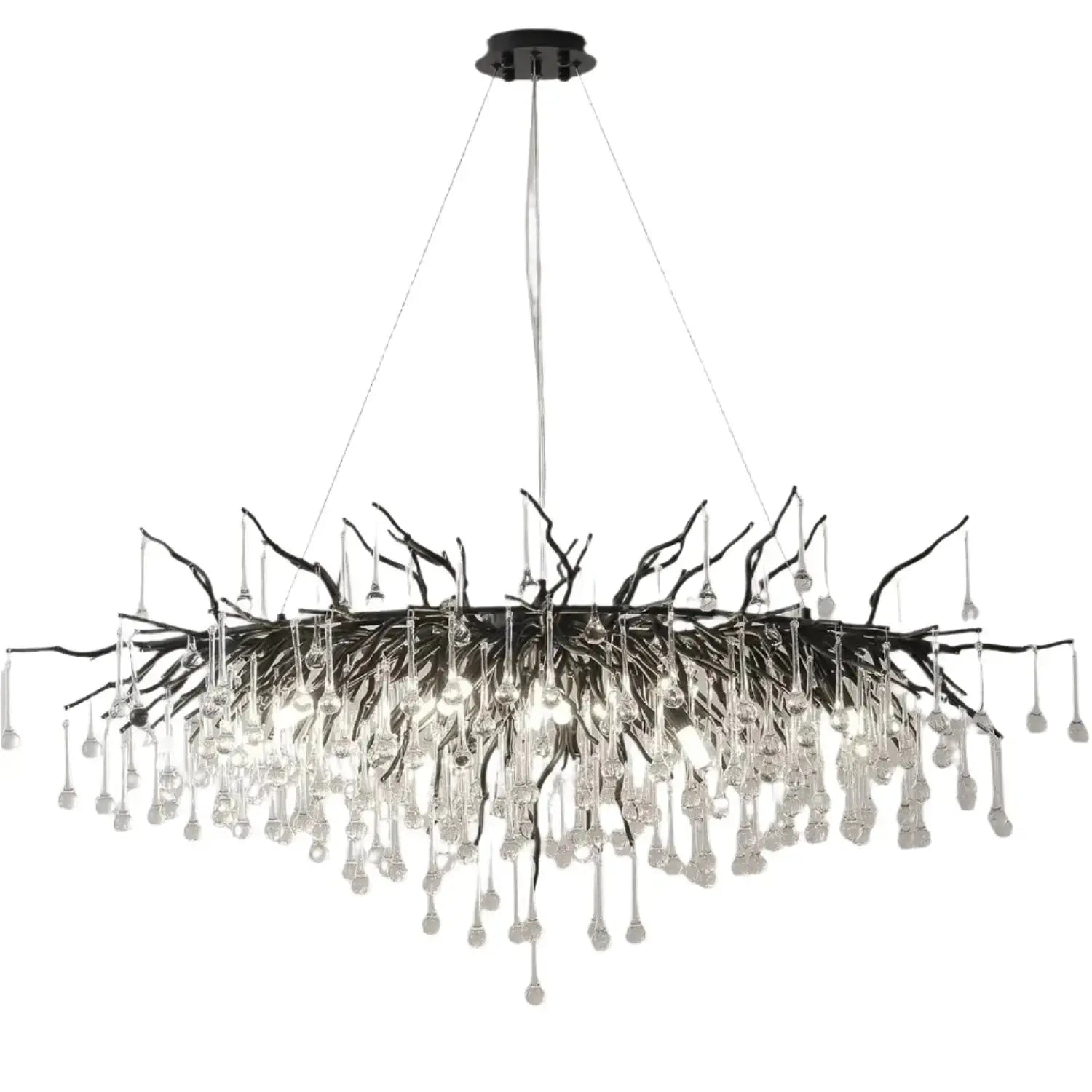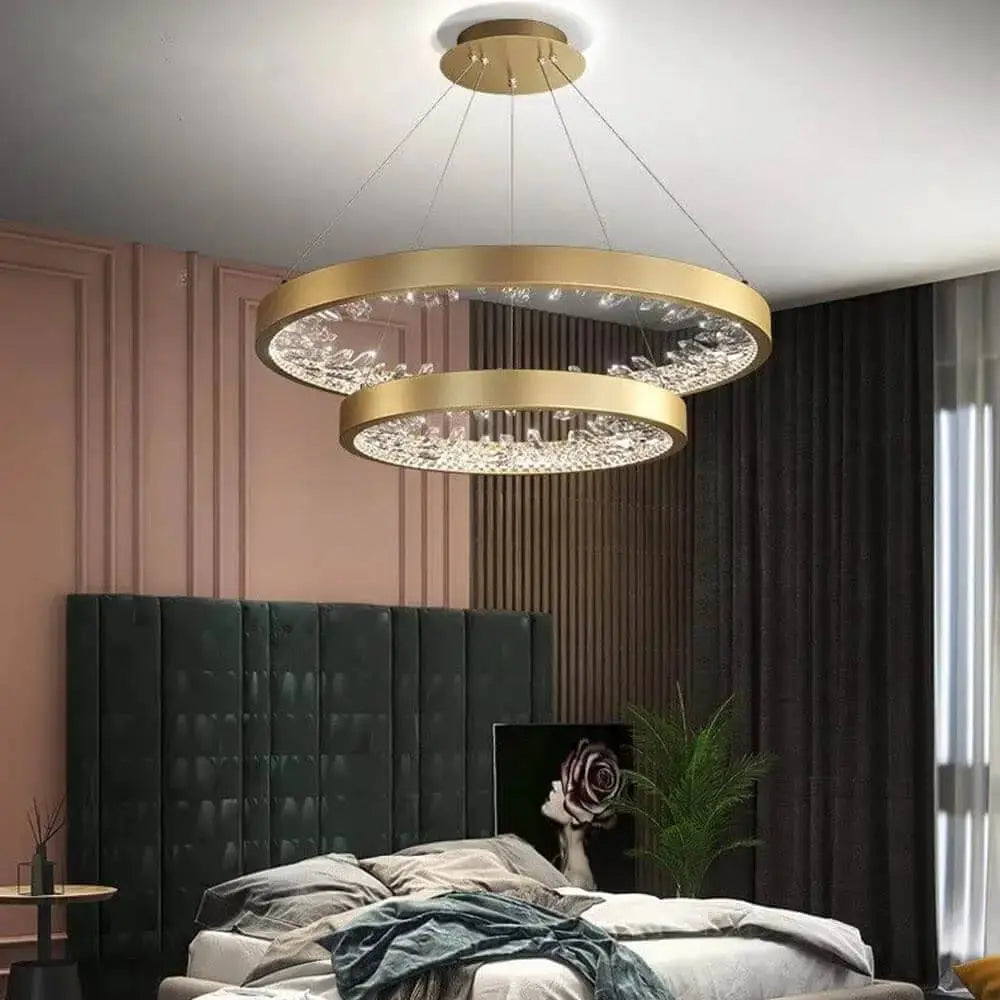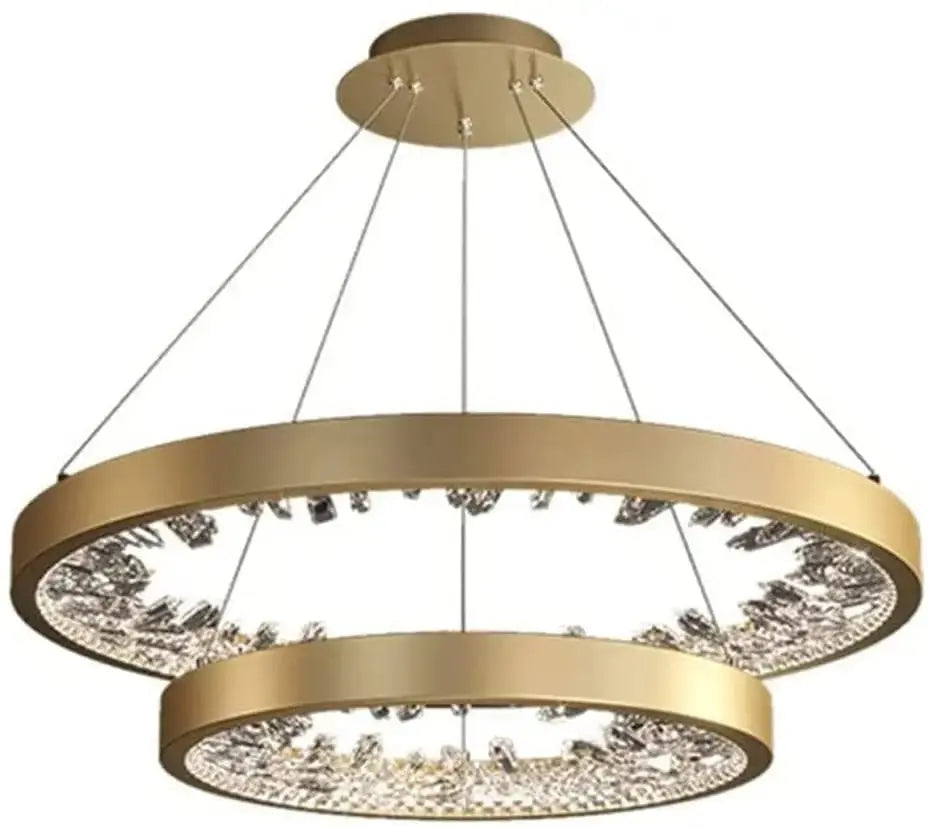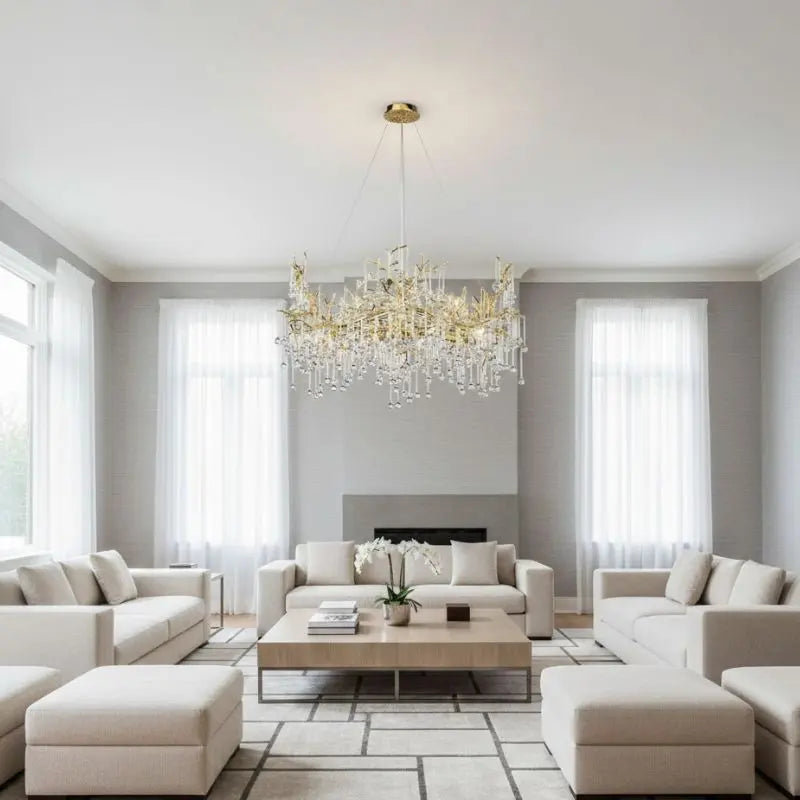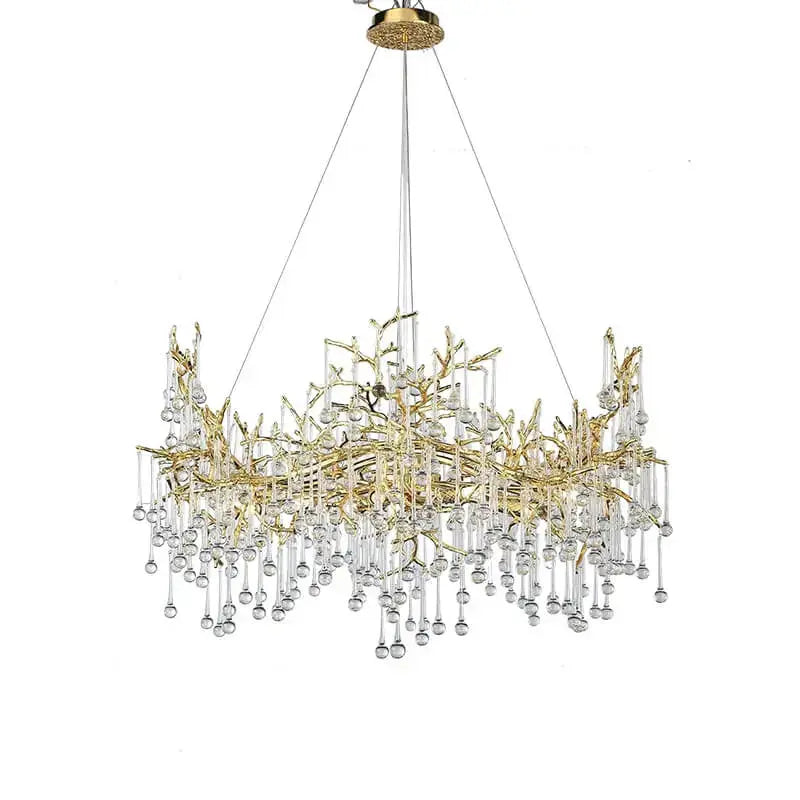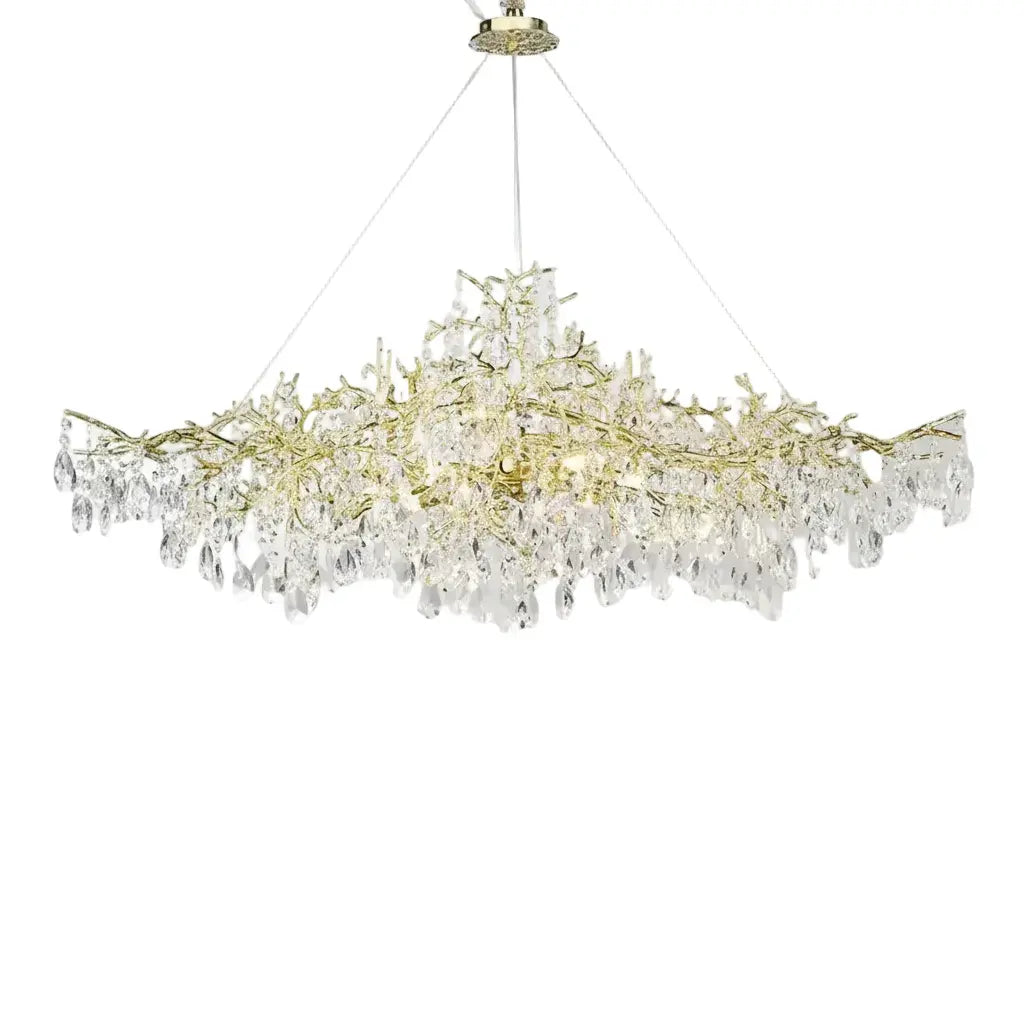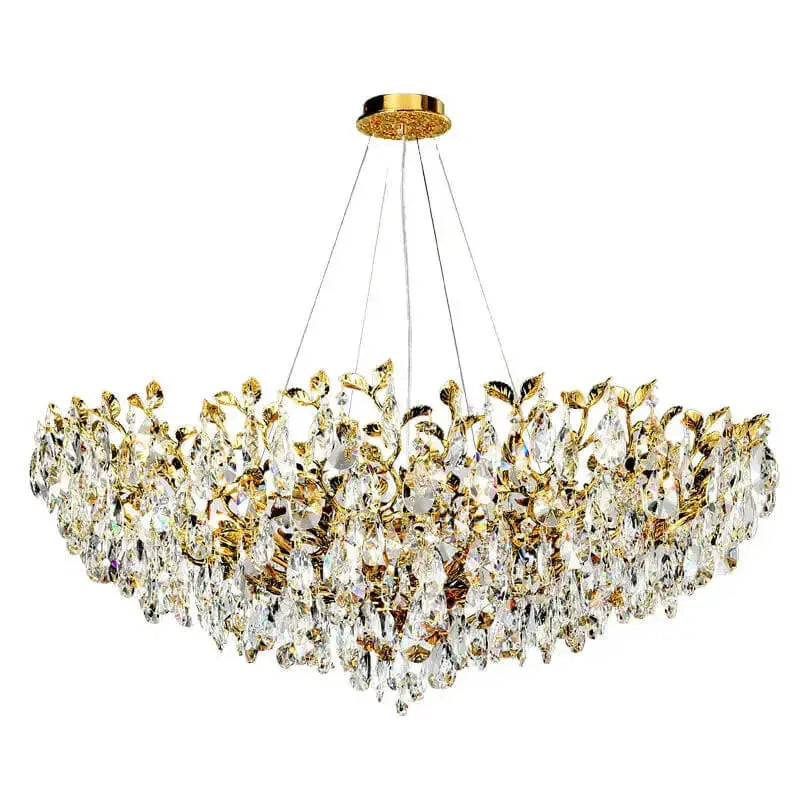Choosing the right flooring for your bathroom is crucial. With options like porcelain and ceramic tiles, vinyl, stained concrete, cork, and bamboo, each comes with its own pros and cons. This guide will help you understand these choices better so you can make the best decision for your home.
Key Takeaways
- Porcelain and ceramic tiles are durable and waterproof but can be cold and slippery.
- Vinyl flooring is affordable and versatile but may not be as long-lasting as other options.
- Stained concrete offers a modern look and durability but can be hard and cold underfoot.
- Cork flooring is eco-friendly and comfortable but may not be suitable for high-moisture areas.
- Bamboo flooring is sustainable and stylish but can be prone to water damage.
Porcelain and Ceramic Tiles: A Classic Choice
Porcelain and ceramic tiles are among the best bathroom tiles for a stylish and durable space. These tiles offer a timeless appeal and are known for their durability and versatility. Whether you prefer a classic or modern look, porcelain and ceramic tiles can meet your needs.
Advantages of Porcelain and Ceramic Tiles
Porcelain and ceramic tiles are highly water-resistant, making them perfect for bathrooms where moisture is a constant concern. These tiles are incredibly durable and can withstand heavy foot traffic without showing signs of wear. They come in a wide range of colors, patterns, and sizes, allowing you to mimic the look of natural stone or even wood. Additionally, cleaning these tiles is a breeze; a simple broom and mop will do the job.
Disadvantages to Consider
While porcelain and ceramic tiles are durable, they can be cold and hard underfoot, which might not be comfortable for everyone. They can also be slippery when wet, posing a potential safety hazard. Installation can be labor-intensive and may require professional help, adding to the overall cost.
Best Uses for Porcelain and Ceramic Tiles
Porcelain and ceramic tiles are ideal for high-traffic areas like bathrooms. They are perfect for both floors and walls, offering a cohesive look. These tiles are also great for creating stylish backsplashes and shower surrounds. If you want a bathroom that combines durability and style, porcelain and ceramic tiles are an excellent choice.
Vinyl Flooring: Affordable and Versatile
Pros of Vinyl Flooring
Vinyl flooring is completely waterproof, making it a great choice for bathrooms. It's also one of the most budget-friendly options available. Vinyl feels softer underfoot compared to tile, providing a more comfortable walking surface. Modern vinyl flooring comes in a variety of styles, including designs that mimic wood, stone, and tile.
Cons of Vinyl Flooring
While vinyl flooring has many benefits, there are some drawbacks to consider. It can be less durable than other flooring options, especially in high-traffic areas. Over time, vinyl may show signs of wear and tear, such as scratches and dents. Additionally, vinyl flooring can be difficult to repair if it gets damaged.
Ideal Scenarios for Vinyl Flooring
Vinyl flooring is perfect for bathrooms due to its waterproof nature. It's also a great choice for homeowners on a budget who want a stylish and practical flooring option. Vinyl is easy to install yourself, saving you money on installation costs. Its combination of practicality, affordability, and design versatility makes it a top choice for anyone wishing for a hassle-free and visually appealing bathroom floor surface.
Stained Concrete: Modern and Durable
Stained concrete is a top choice for those who love a modern, industrial look. It's incredibly low maintenance and water can't damage it. Plus, it's easy to clean, making it a practical option for bathrooms.
However, there are some downsides. Concrete can be slippery when wet, which is a concern in bathrooms. It's also a cold and hard surface, which might not be comfortable for everyone. Additionally, it needs to be sealed periodically to prevent stains.
Stained concrete is perfect for modern bathroom decor: sleek and stylish design tips. It's ideal for those who want a durable and easy-to-clean floor. But, if you have concerns about slipperiness or comfort, you might want to consider other options.
Cork Flooring: Eco-Friendly and Comfortable
Advantages of Cork Flooring
Cork flooring is one of the most sustainable flooring materials you can choose for your home. Made from the bark of cork trees, which don't need to be cut down to be harvested, cork is an incredibly renewable resource. This makes it a top choice for eco-friendly designers and architects. Additionally, cork is naturally resistant to mold, mildew, and water damage, making it a great option for bathrooms.
Disadvantages of Cork Flooring
While cork is water-resistant, it is not completely waterproof. To protect it from water, you should apply a polyurethane topcoat and reapply it every few years. Cork can also fade when exposed to a lot of sunlight, so it may not be the best choice for bathrooms with a lot of natural light. Another downside is that cork flooring can be expensive and difficult for do-it-yourselfers to install.
Best Situations for Cork Flooring
Cork flooring is ideal for bathrooms that don't have extreme humidity or standing water. It's also a great choice for those looking to incorporate sustainable materials into their home design. For below-grade bathrooms, click-in-place planks are recommended, while glue-down tiles are suitable for above-grade applications.
Bamboo Flooring: Sustainable and Stylish
Pros of Bamboo Flooring
Bamboo flooring is eco-friendly and easy on the budget. Since it is made from a highly sustainable resource, it costs as little as half the price of hardwood floors. As a bathroom flooring option, the smart choice is engineered bamboo (rather than solid bamboo) because the planks are extremely durable and ideal for wet environments. They're also simple to install, and damaged pieces can be replaced easily.
Cons of Bamboo Flooring
Cheap bamboo flooring is easily scratched and damaged, so it's wise to invest in something that will last. Make sure your bamboo flooring is well-sealed and treat it like a hardwood floor. If moving furniture or heavy pieces across the floor, lay down protector pads.
Optimal Uses for Bamboo Flooring
Bamboo bathroom flooring is an ideal option for those who want a hardwood look in their bathroom, but need a more durable material. That isn't to say bamboo is perfect in a bathroom—it is not waterproof. But it can withstand heavy use and it is more moisture resistant compared to hardwood. It's best in a half bath or a bathroom that is used primarily by adults who are up to the task of caring for it, meaning they'll do their best to avoid wet towels and excessive splashes. Additionally, bamboo is more affordable than hardwood.
Current Trends in Bathroom Flooring
Popular Styles and Designs
In 2024, geometric and floral designs are taking over patterned tiles. These styles add a unique touch to any bathroom. Tiles remain a favorite due to their variety in sizes, colors, and patterns. Vinyl is also gaining popularity because it looks good, is easy to maintain, and is water-resistant.
Innovative Materials
Sheet vinyl is becoming a top choice for many homeowners. It's not only affordable but also easy to install. Another trend is the use of eco-friendly materials like bamboo and cork, which are both stylish and sustainable.
Future Predictions
Looking ahead, expect to see more emphasis on aesthetics and low-maintenance materials. Expert tips for efficiently decorating a small bathroom include using neutral tones, reflective surfaces, and light-colored tiles. Multi-functional furniture and strategic mirrors will also be key in making small spaces feel larger.
Bathroom flooring is evolving with exciting new trends. From waterproof vinyl to stylish tiles, there's something for every taste and budget. Want to explore more options? Visit our website to discover the latest in bathroom flooring solutions.
Conclusion
Choosing the right bathroom flooring is a big decision, but it doesn't have to be overwhelming. By understanding the pros and cons of popular options like porcelain and ceramic tiles, vinyl, cork, and bamboo, you can find the perfect fit for your home. Each material has its own benefits and drawbacks, so think about what matters most to you—whether it's durability, cost, or style. Remember, the best choice is the one that meets your needs and makes your bathroom a comfortable and beautiful space. Happy renovating!
Frequently Asked Questions
What is the most durable bathroom flooring?
Porcelain and ceramic tiles are known for their durability. They can withstand heavy foot traffic and are resistant to water and stains.
Is vinyl flooring a good option for bathrooms?
Yes, vinyl flooring is a great choice for bathrooms. It's affordable, water-resistant, and comes in a variety of styles.
Can I use bamboo flooring in my bathroom?
Bamboo flooring can be used in bathrooms, but it needs to be properly sealed to prevent water damage. It's also eco-friendly and stylish.
What are the benefits of cork flooring in a bathroom?
Cork flooring is eco-friendly, comfortable to walk on, and provides good insulation. However, it needs to be sealed to protect against moisture.
Is stained concrete a good choice for bathroom floors?
Stained concrete is durable and modern, making it a good choice for bathrooms. It is also easy to clean and maintain.
What are the current trends in bathroom flooring?
Current trends include using large tiles, natural stone, and waterproof vinyl planks. Eco-friendly materials like bamboo and cork are also popular.


